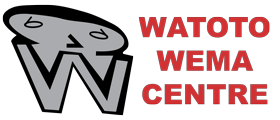

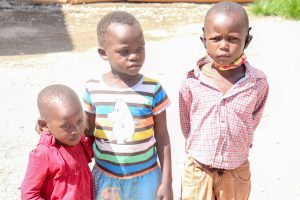 Watoto Wema Centre works in partnership with the government of Kenya to rescue street children. Most children are rescued by government social workers, and through the police and/or local children’s department the children are placed in Watoto Wema Centre. Once rescued and admitted then the Centre initiates the rehabilitation process.
Watoto Wema Centre works in partnership with the government of Kenya to rescue street children. Most children are rescued by government social workers, and through the police and/or local children’s department the children are placed in Watoto Wema Centre. Once rescued and admitted then the Centre initiates the rehabilitation process.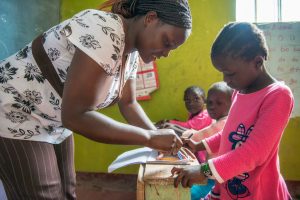 Once rescued and admitted to the Centre. We monitor and rectify their behavior. Some children can join school within the first week, others need some more time and counseling to get back into the rhythm. Drug abuse, traumatic experiences as well as living and surviving on the streets, without their families usually frustrates the children. They adapt and adjust to the centre in varying degrees.
Rehabilitation at the Centre triggers behavior change especially enabling them to acquire concentration habits. Once they are able to sit through lessons they are admitted to the local government Primary school.
Others who have stayed out of school for too long and are above the age of 15 will follow vocational training like mechanics, carpentry, or hairdressing.
Once rescued and admitted to the Centre. We monitor and rectify their behavior. Some children can join school within the first week, others need some more time and counseling to get back into the rhythm. Drug abuse, traumatic experiences as well as living and surviving on the streets, without their families usually frustrates the children. They adapt and adjust to the centre in varying degrees.
Rehabilitation at the Centre triggers behavior change especially enabling them to acquire concentration habits. Once they are able to sit through lessons they are admitted to the local government Primary school.
Others who have stayed out of school for too long and are above the age of 15 will follow vocational training like mechanics, carpentry, or hairdressing.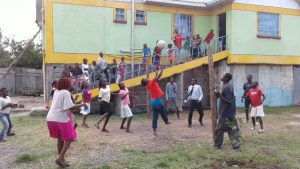 Watoto Wema Centre believes that a child’s family is fundamental to the mental and social wellbeing of all children. Poverty and lack of resources should not undermine the ability of any family to take care of its own. Problems can be fixed as long as they are not life-threatening.
Watoto Wema Centre spends resources, time and effort to tracing the biological families of the children. Amending relationships and reuniting families is a key effort of the centre. The centre ensures that once children are placed back to their families the Centre will support with education and follows up on their wellbeing through Watoto Wema Centre's social workers.
Watoto Wema Centre believes that a child’s family is fundamental to the mental and social wellbeing of all children. Poverty and lack of resources should not undermine the ability of any family to take care of its own. Problems can be fixed as long as they are not life-threatening.
Watoto Wema Centre spends resources, time and effort to tracing the biological families of the children. Amending relationships and reuniting families is a key effort of the centre. The centre ensures that once children are placed back to their families the Centre will support with education and follows up on their wellbeing through Watoto Wema Centre's social workers.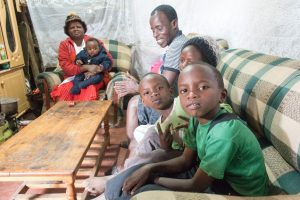 Street children typically have a bad reputation in society. They are regarded as thieves, rude, abusive, miscreants. This stigma gives the children a hard time in their efforts to re-join the community as they fear society’s stigma. We work closely with community leaders, teachers, and religious leaders to ensure a smooth transition of children back into society.
Most children end up on the street due to poverty. To ensure sustainability we train the guardians on business skills, where possible we assist them with a small start-up fund for their business. We do this training in cooperation with The Bread Initiative Kenya. An organization of professional successful business people that contribute philanthropically towards this initiative.
Street children typically have a bad reputation in society. They are regarded as thieves, rude, abusive, miscreants. This stigma gives the children a hard time in their efforts to re-join the community as they fear society’s stigma. We work closely with community leaders, teachers, and religious leaders to ensure a smooth transition of children back into society.
Most children end up on the street due to poverty. To ensure sustainability we train the guardians on business skills, where possible we assist them with a small start-up fund for their business. We do this training in cooperation with The Bread Initiative Kenya. An organization of professional successful business people that contribute philanthropically towards this initiative.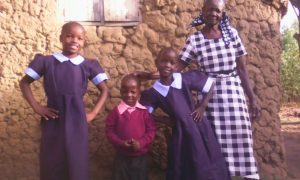 Watoto Wema Centre believes that prevention of children running (or returning) to the streets, is better than rescue and rehabilitation. Watoto Wema Centre therefore supports families at risk with entrepreneurship training, parental skills, psychological counselling, school fees and emergency food relief. With this we hope that the family will be able to pick up their lives again and make a good start for a better future as a family as a whole.
Watoto Wema Centre believes that prevention of children running (or returning) to the streets, is better than rescue and rehabilitation. Watoto Wema Centre therefore supports families at risk with entrepreneurship training, parental skills, psychological counselling, school fees and emergency food relief. With this we hope that the family will be able to pick up their lives again and make a good start for a better future as a family as a whole.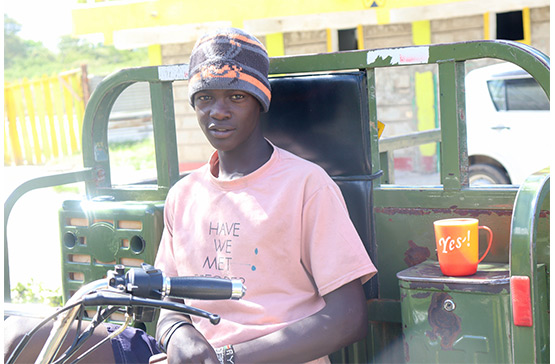
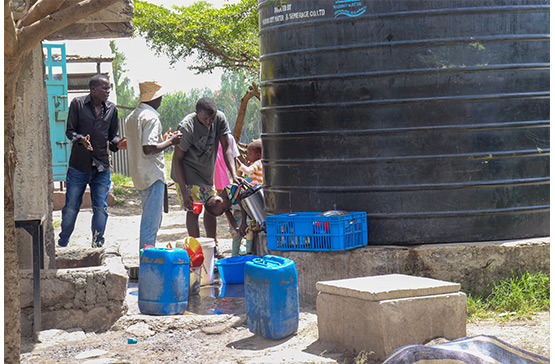
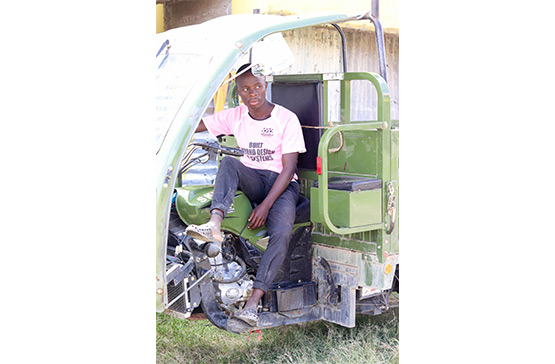
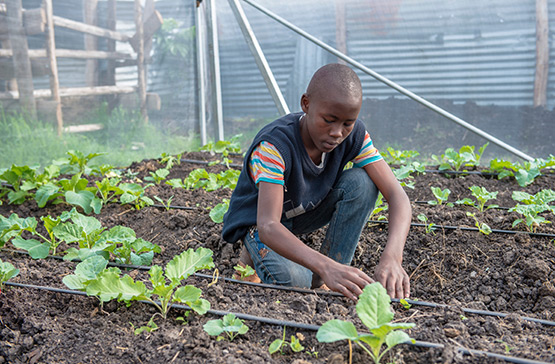
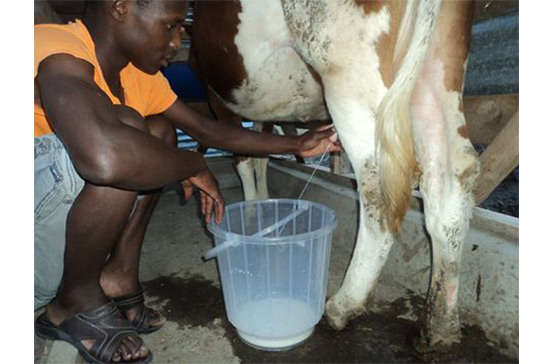
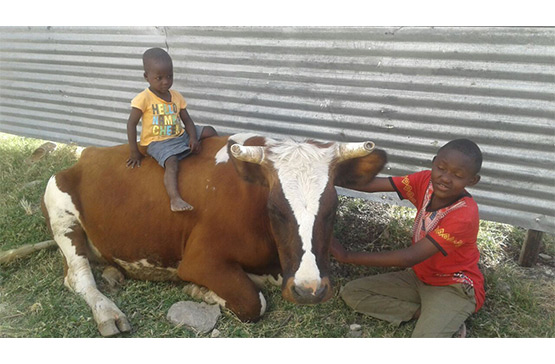
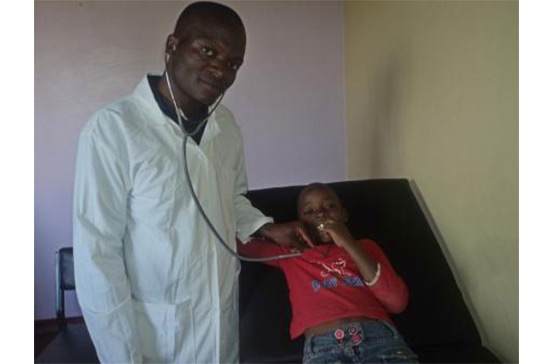
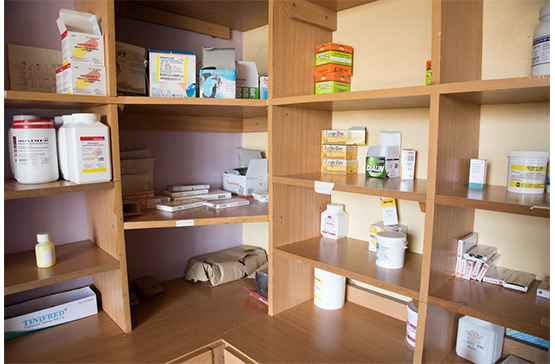
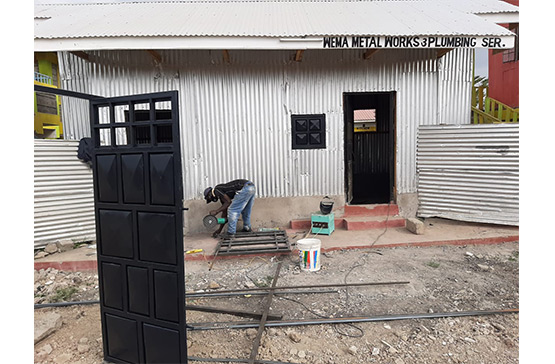
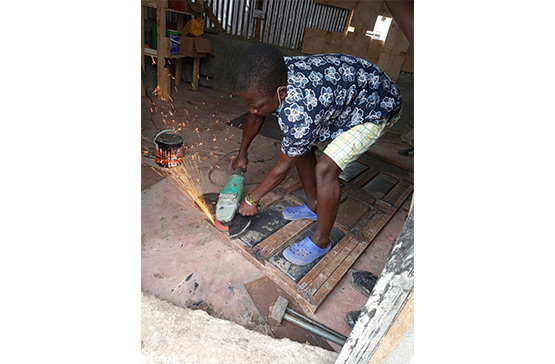
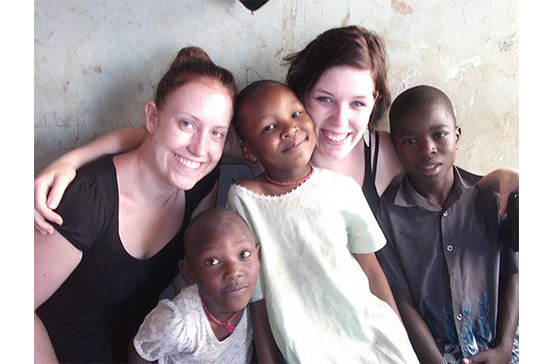
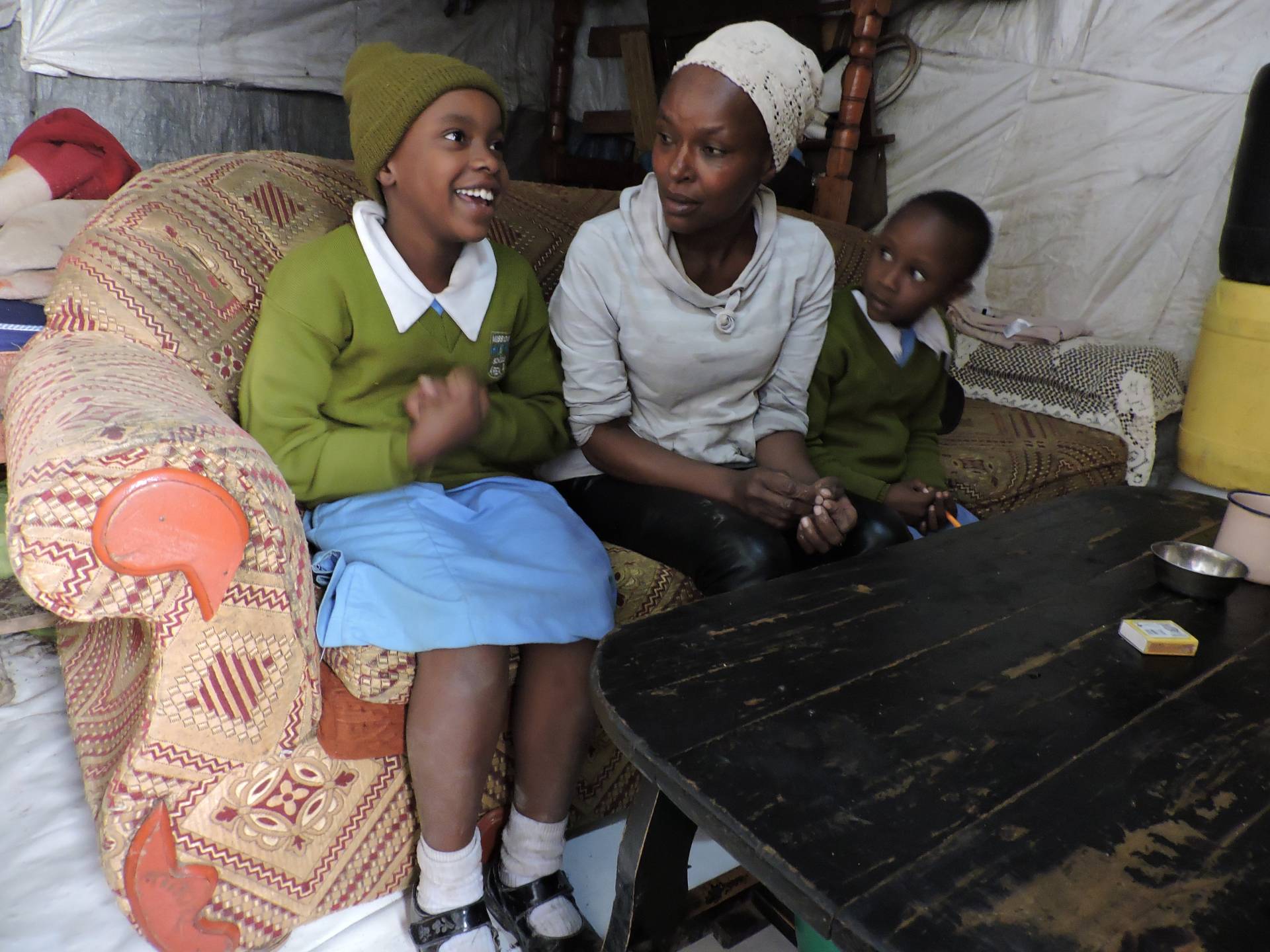
I am 10 years old. I live in Watoto Wema Centre with my younger sister.
My name is Doreen. I am 10 years old. I live in Watoto Wema Centre with my younger sister. We came to Watoto Wema Centre, because my mom could not afford to pay rent, so we started sleeping and living in Nairobi’s streets. We slept out in the cold though it was worse when it rained.
My mom likes to drink a lot of alcohol and when drunk, I have to take care of my sister. When we came to Watoto Wema Centre I liked it a lot. We have a bed, a nice place to sleep and we could go to school every day, though I miss my mom.
My mom was taken for rehabilitation and after 6 months she came out. She managed to rent a small room in the area where we used to live in Mathare slums. Houses are made from Iron sheets and are very small. Mom got a 1 room house where she put a bed and utensils. There are a lot of thieves so you are always on the lookout. We take care of each other and know a lot of people there. I am happy my mom is getting better.
In the school holidays we stay with her. It feels so good to be around mom again. After the schools were closed for August holiday we agreed with Uncle John (social worker Watoto Wema Centre) that we would start living with my mom again. We went with Uncle John to my mom’s place. We agreed that I and my sister can start living with my mom again.
We went to my former school and they agreed to readmit us. Now I can go back to school where I know most of the kids and can continue being friends with my old friends. The children that I’ve met in Watoto Wema Centre will also still be my friends and I’ll visit them when I’m free.
We all live in the small house, at night we just put the small table on top of the seat and put a mattress down on the floor. My sister and I sleep there. It’s not as comfortable as a bed, but it’s with mom. That is typical of where we live.
I am grateful that we could take refuge in Watoto Wema Centre when mom was sick, but now I am happy to be home.